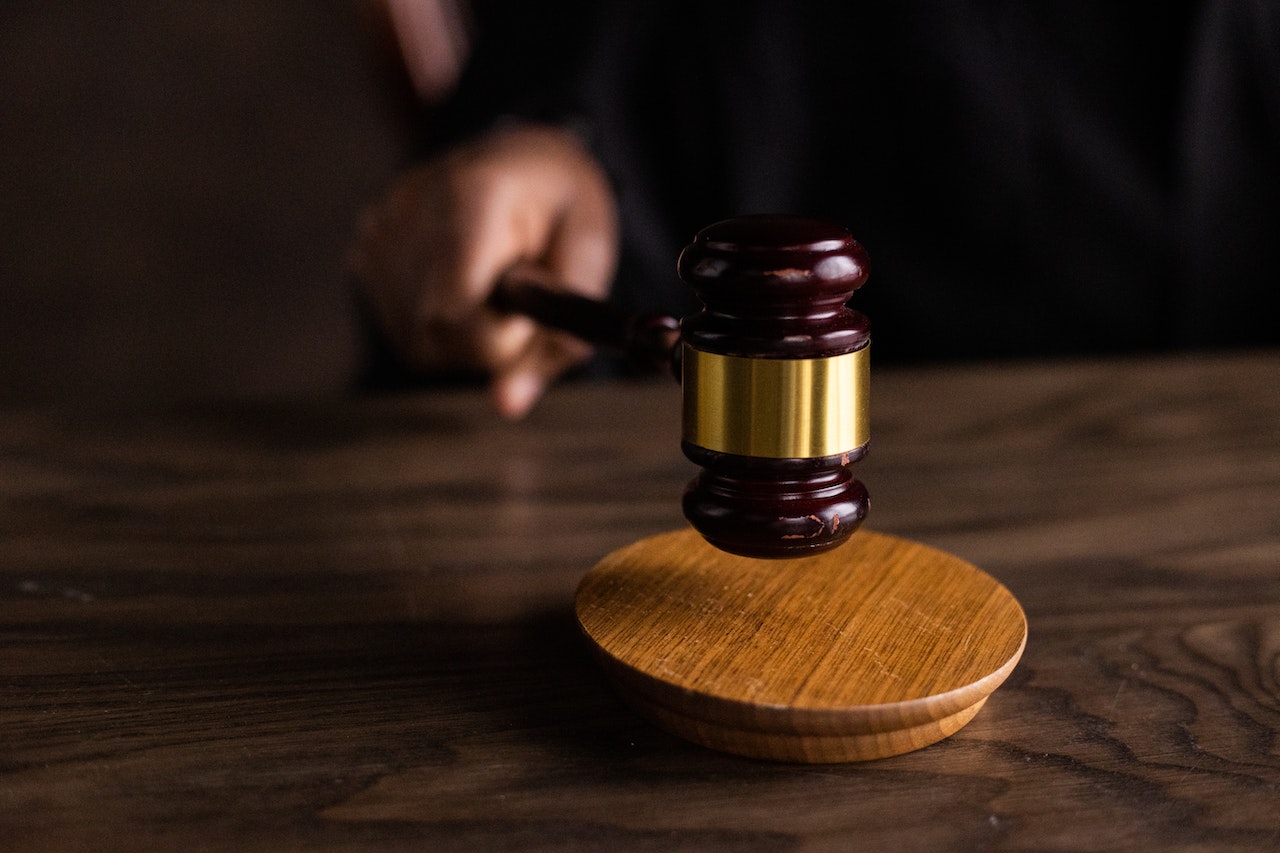Everyone in American society deserves due process. These rights extend to people living in community associations as well. Any community association—HOA, condo association, or townhome association—must ensure their residents receive proper due process.
Every state has different due process regulations for community associations. In this article, we will discuss due process more generally and then look at how central Maryland community associations need to ensure due process rights for their residents.
What is due process?
First, we need to discuss the definition of due process. It is a legal concept that governs legal proceedings to ensure that the government respects all of an individual’s rights. The U.S. Constitution guarantees the right to due process. It is part of the Fifth and the Fourteenth Amendments.
The due process portion of the Fifth Amendment states, “No person shall be . . . deprived of life, liberty, or property, without due process of law.” The Fourteenth Amendment is even clearer about the right of U.S. citizens to due process. It states, “No state shall make or enforce any law which shall abridge the privileges or immunities of citizens of the United States, no shall any state deprive any person of life, liberty, or property, without due process of law; nor deny to any person within its jurisdiction the equal protection of the laws.”
The ways that legal scholars have further defined and standardized due process regulations are out of the purview of this article. However, suffice it to say that the U.S. grants every citizen the right to due process. And those rights apply to people living in communities run by community associations.
How does due process work in community associations?
As mentioned at the beginning of this article, due process laws regarding community associations vary from state to state. Yet, the basics of the regulations are the same. Community associations should provide their homeowners with fair enforcement of the rules. The community association must not be discriminatory and act in good faith.
There are two types of due process: substantive and procedural. Both apply to community associations.
Substantive due process says that a community association can only enforce rules written in its governing documents. All rules must be written clearly and applied to all homeowners equally.
Procedural due process guarantees that a homeowner has a right to receive a rule violation notice and a hearing before an objective decision maker. What constitutes a violation notice and an objective decision-maker vary by state and district. However, community associations must provide homeowners with the following due process rights.
- Notice of the violation
- An opportunity to be heard
- An opportunity to defend themselves against the allegation
- An appeal, if this right appears in the community association’s governing documents
Legal matters in community associations can be complicated. Yet, they are essential to ensure that the community treats everyone equally and fairly.
If you still have questions about due process in community associations and how Maryland enforces these rights, contact Majerle Management, Inc (MMI). We are central Maryland’s source for great community property management and board member training.


